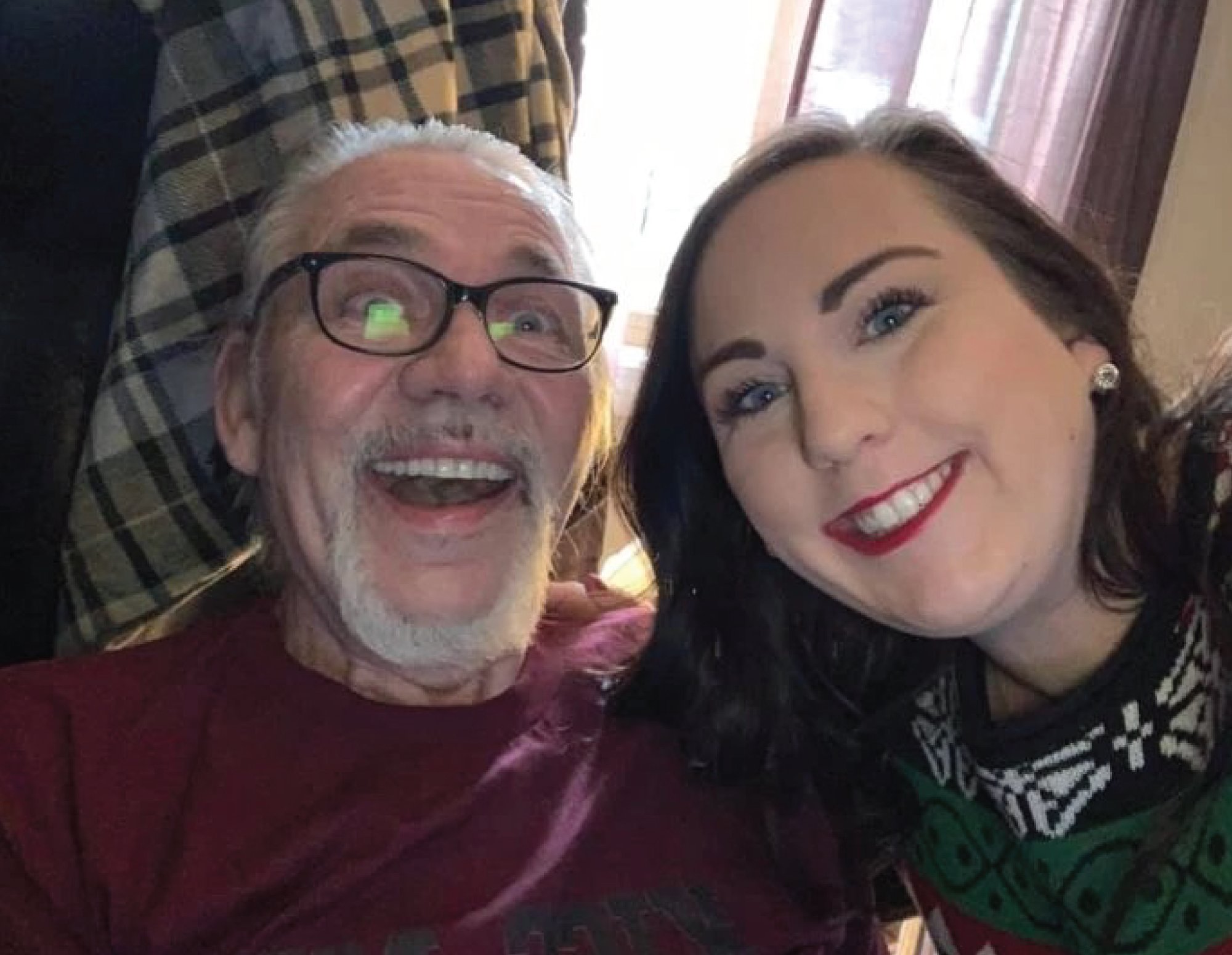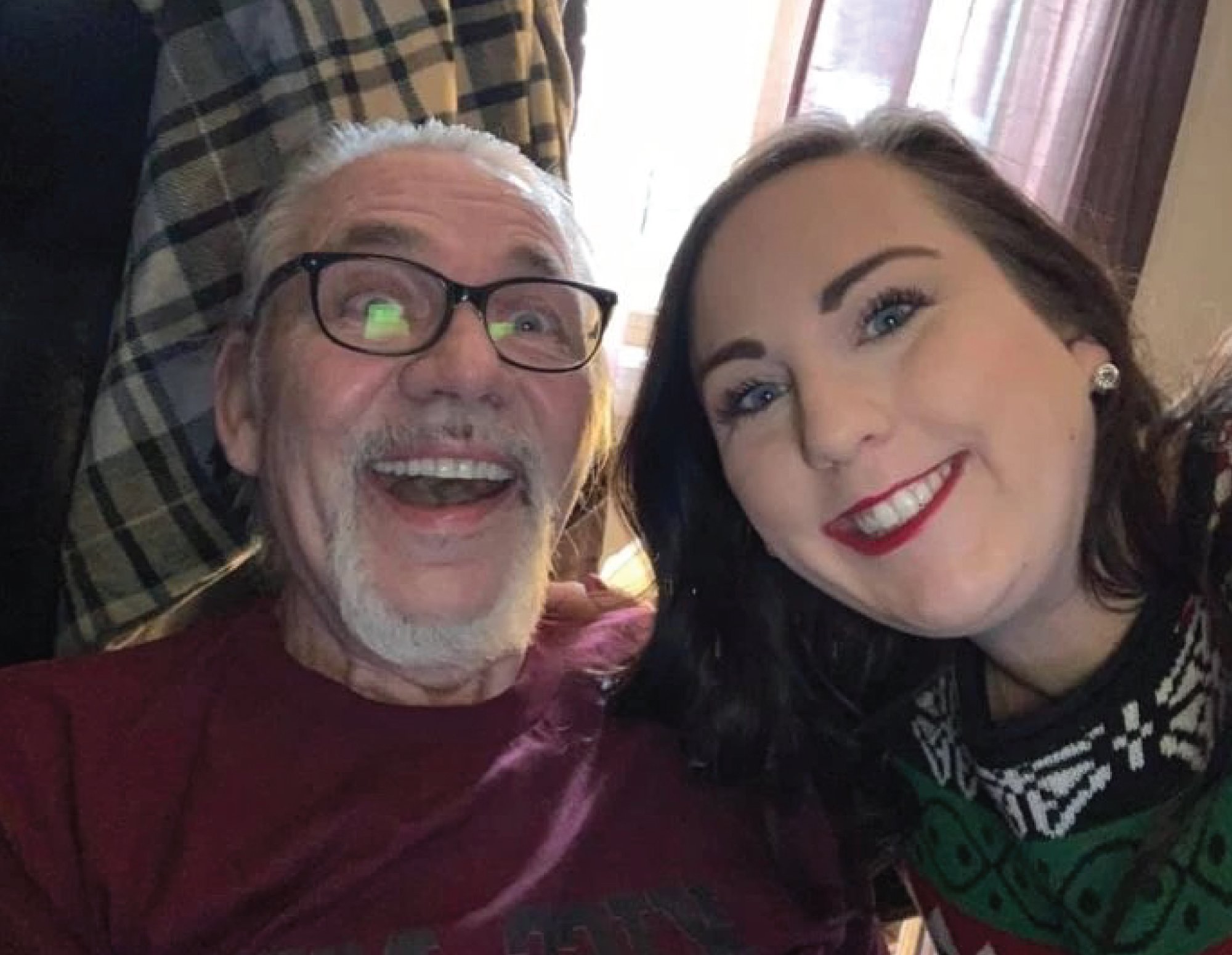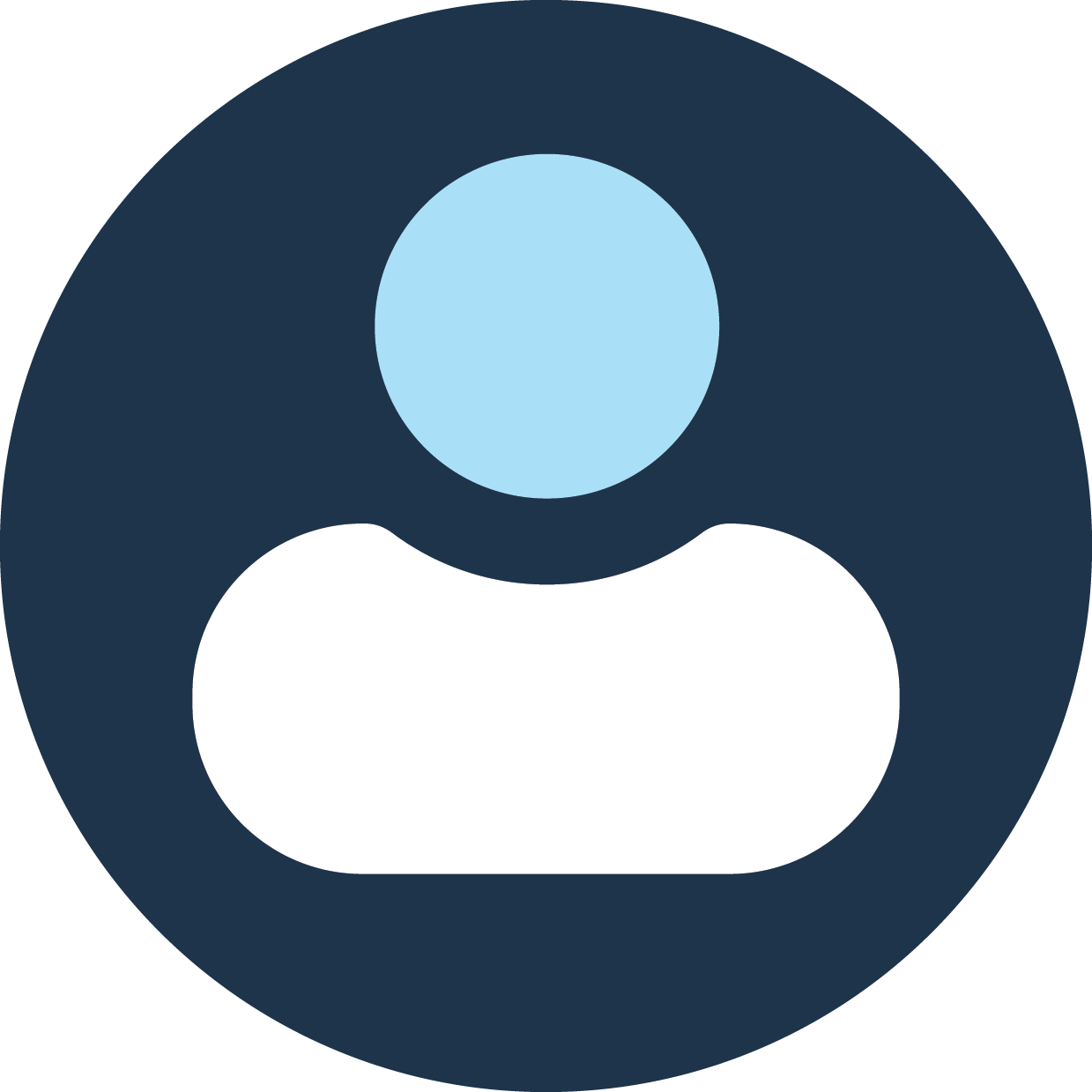 Conversations and healthy debate about issues facing our industry and the health care system are critical to addressing some of today’s challenges and opportunities. The PhRMA blog welcomes guest contributors, including patients, stakeholders, innovators and others, to share their perspectives and point of view.
Conversations and healthy debate about issues facing our industry and the health care system are critical to addressing some of today’s challenges and opportunities. The PhRMA blog welcomes guest contributors, including patients, stakeholders, innovators and others, to share their perspectives and point of view.
Today, we are pleased to welcome a guest article from Sabrina Johnson, a caregiver for her late father who bravely battled Amyotrophic lateral sclerosis (ALS).
Every 90 minutes in the United States we lose someone to Amyotrophic lateral sclerosis (ALS), or to what many of us know as Lou Gehrig’s disease. Each year, just over 5,000 Americans are diagnosed with ALS.
For those unfamiliar, ALS is an absolutely tragic neurodegenerative disease that affects nerve cells in the brain and spinal cord. ALS is almost always progressive with patients eventually losing all motor skills including the ability to walk, dress, write, speak, swallow and even breathe. The average lifespan for an ALS patient following diagnosis is just under three years.
Unfortunately, ALS took one of the most important people in my life a few years ago. My dad, or my “Ton” (Tone) as I called him, was diagnosed with ALS on November 28th, 2017, and passed away less than two years after.
The moment he was diagnosed, my Type A-planner personality took over. I first told myself that I was going to be at every single appointment, regardless of if he wanted me to be or not. I needed to know exactly what was going on with his health and be there for him every step of the way.
The second thing I did was take to the internet to find out what could be done and how this happened. What I found that day brought me to tears. I learned that very little is known about what causes ALS, there are extremely limited treatment options (only five FDA approved medicines which help address symptoms and don’t change the trajectory of the disease) and no cure. For me, this was the moment I realized that I was going to lose my Ton.
Over the next several months, I watched as his health and quality of life deteriorated and tried to make him as comfortable as possible – he lost his ability to walk, then his ability to eat and eventually his ability to speak. Watching the person I loved the most fade away without being able to help was excruciating but also inspired me to speak up on behalf of the many patients and their loved ones who can’t always speak for themselves.
I truly believe my Ton’s voice stopped so mine could get louder. Ever since, I have been spreading awareness about the immense importance of continued biopharmaceutical research and development for patients and families facing ALS and other neurodegenerative diseases.
Through my efforts, I was extremely encouraged to see a new report highlighting that there are 38 new potential medicines in development for ALS. Given the high clinical trial failure rates of neurodegenerative research, the scientific complexities and the fact that it costs on average $2.6 billion to try to develop even one medicine to slow or stop the progression of ALS, I didn’t know if we would ever see a day with so many potential advancements in the pipeline. Seeing the potential in the pipeline to help other ALS patients is incredibly inspiring, and we need to collectively do all we can to support ALS research and support ALS patients and their loved ones.
I hope those who read my story and see this new report are encouraged by the number of new medicines in development for neurodegenerative disease, but also inspired to speak up about the importance of all of us doing our part to reinforce the need to find ways to combat incurable diseases and help find new ways to help our most vulnerable patients.



 Conversations and healthy debate about issues facing our industry and the health care system are critical to addressing some of today’s challenges and opportunities. The PhRMA blog welcomes guest contributors, including patients, stakeholders, innovators and others, to share their perspectives and point of view.
Conversations and healthy debate about issues facing our industry and the health care system are critical to addressing some of today’s challenges and opportunities. The PhRMA blog welcomes guest contributors, including patients, stakeholders, innovators and others, to share their perspectives and point of view.